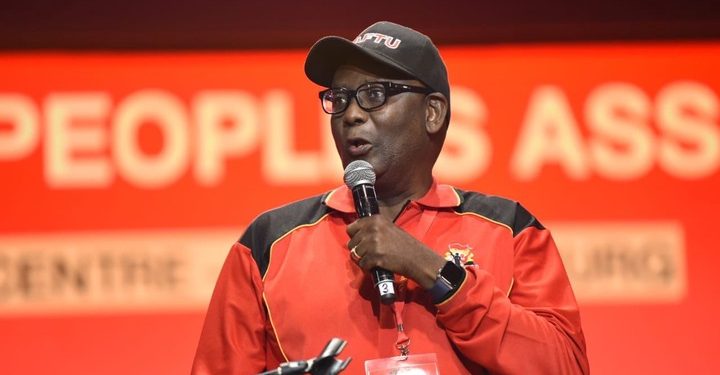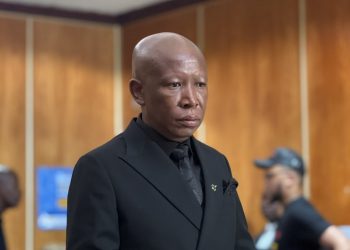A social media debate has thrust trade unionist Zwelinzima Vavi back into the political spotlight after he disclosed rejecting a cabinet position under former President Jacob Zuma – a revelation that has reignited discussions about South Africa’s persistent economic inequalities and the role of labor leaders in governance.
The exchange began when a social media user criticized Vavi on 31 May 2025 for his past support of Thabo Mbeki’s economic policies, including GEAR and BEE, which they argued failed to transform the economy for working-class South Africans. Vavi’s response contained the bombshell disclosure: “Zuma actually offered me a cabinet post, which I declined,” he stated, underscoring his commitment to maintaining independence from party politics.
The SAFTU General Secretary used the opportunity to deliver a scathing assessment of both administrations: “Whether under Mbeki or Zuma, the core issues remain – our people still face landlessness, poverty and unemployment.” His comments highlight the troubling continuity of economic exclusion despite political transitions.
President Zuma wanted me to join his cabinet, but I refused! You can confirm that as a fact. There were no significant policy differences between the two presidents. As a result, we, black people, continue to face landlessness, propertylessness, poverty, unemployment, and… https://t.co/5CwjP0ZlZW
— Zwelinzima Vavi (@Zwelinzima1) May 31, 2025
Political analysts suggest Vavi’s revelation sheds new light on his strategic positioning. “This wasn’t just about principle, but about preserving his credibility as a critic of power,” said labor analyst Nomzamo Dlamini. “By refusing government office, he maintained his moral authority to hold leaders accountable.”
The debate has exposed raw nerves about South Africa’s unfinished economic transformation. Vavi’s stance raises critical questions about whether meaningful change can be achieved from within government structures, or whether systemic reform requires persistent external pressure from civil society.
As the country faces another election cycle, this episode serves as a potent reminder of the growing disconnect between political elites and the working class they purport to represent – with Vavi positioning himself as the uncompromising voice of those left behind by both the Mbeki and Zuma eras.






















